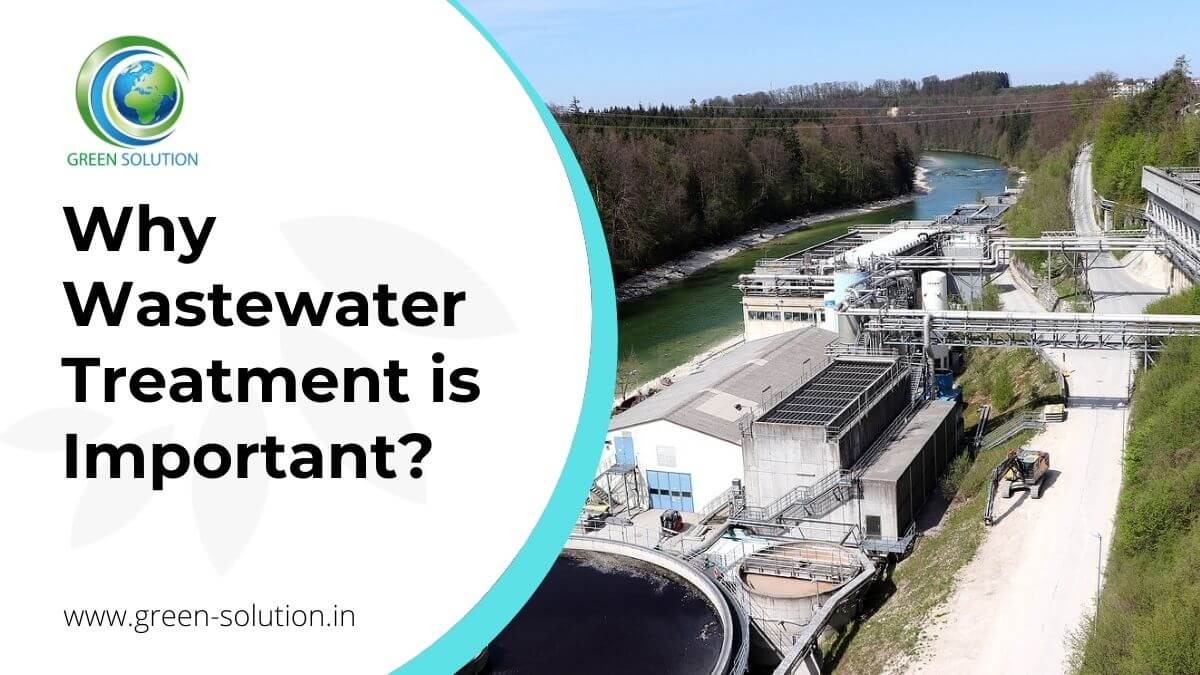Reclaim Waste Can Be Fun For Anyone
Reclaim Waste Can Be Fun For Anyone
Blog Article
The Reclaim Waste Ideas
Table of ContentsGetting My Reclaim Waste To WorkThe 6-Second Trick For Reclaim WasteHow Reclaim Waste can Save You Time, Stress, and Money.Some Known Questions About Reclaim Waste.The 45-Second Trick For Reclaim Waste
Domestic sewage waste refers to the waste and items from a property septic tank. The appropriate monitoring and disposal of domestic sewer waste need liquid waste to be transferred to a sewer therapy plant where the proper techniques and equipment are used to detoxify and dispose of waste.
Commercial waste frequently consists of potential dangers, such as flammable materials or a mix of fluid and strong waste products, and calls for an advanced and thorough disposal procedure. The disposal of business waste commonly involves the purification of waste prior to transport to ensure risk-free and proper disposal. Hazardous waste is developed from results and overflow of commercial procedures and production.
This kind of waste can not make use of the very same sewer management transportation or processes as septic or industrial fluids. The industrial waste management process needs the examination and screening of fluid waste prior to it goes through the disposal procedure (liquid waste removal melbourne). Drainage waste is the fluid waste that comes from drainage and excess stormwater in extremely inhabited areas or cities
Drainage waste can create contamination and flooding otherwise managed properly. Learn more about sewer cleaning and waste monitoring. Guaranteeing appropriate waste administration can stop calamities and minimize environmental harm. Both individuals in domestic settings and professionals in commercial or production sectors can take advantage of comprehending the processes and regulations of fluid waste administration.
The Buzz on Reclaim Waste
Contact PROS Providers today to discover our waste management and disposal services and the correct methods to look after the liquid waste you create.
(https://www.openstreetmap.org/user/reclaimwaste1)This so-called 'wastewater' is not only an essential resource yet, after therapy, will be released to our land, rivers or the ocean. Made use of water from bathrooms, showers, baths, kitchen sinks, washings and commercial processes is known as wastewater.

water made use of to cool machinery or clean plant and devices). Stormwater, a form of wastewater, is overflow that moves from agricultural and city areas such as roofing systems, parks, yards, roads, courses and gutters right into stormwater drains pipes, after rain. Stormwater moves without treatment straight to regional creeks or rivers, at some point reaching the ocean.
10 Easy Facts About Reclaim Waste Described
In Queensland, a lot of wastewater is dealt with at sewer treatment plants. Wastewater is delivered from residential or commercial websites via a system of drains and pump terminals, called sewage reticulation, to a sewer therapy plant. Neighborhood federal governments construct, keep and run most sewer treatment plants. Operators are certified under the Environmental Management Act 1994 to discharge treated wastewater at an acceptable environmental standard into rivers.
The Division of Natural Resources advises neighborhood governments concerning handling, operating and preserving sewerage systems and therapy plants. In unsewered locations, city governments may call for homeowners to mount private or family sewage therapy systems to deal with residential wastewater from bathrooms, kitchen areas, restrooms and laundries. The Division of Natural Resources authorises the usage of house systems when they are confirmed to be efficient.
In some brand-new subdivisions, therapy of some stormwater to eliminate litter, sand and gravel has actually started utilizing gross toxin traps. Wastewater therapy happens in 4 stages: Eliminates strong matter.
Wastewater after that streams into huge tanks where solids clear up and are gotten rid of as sludge. Grease and residue are skimmed from the surface. Uses little living organisms referred to as micro-organisms to damage down and remove staying liquified wastes and great particles. Micro-organisms and wastes are integrated in the sludge. Gets rid of nitrogen and phosphorus nutrients that could create algal flowers in our rivers and intimidate marine life.
Reclaim Waste Can Be Fun For Everyone
Nutrient removal is not offered at all sewage treatment plants because it calls for expensive specialised tools. Clear liquid effluent generated after treatment might still have disease-causing micro-organisms - liquid waste disposal melbourne.

This typically means wastewater needs to be treated or contaminants eliminated before it can be released to waterways. Many wastewater flows right into the sewage system. Under the Act, city governments provide approvals and permits for ecologically relevant tasks (Ages) including wastewater launches that might have a neighborhood effect. The department carries out approvals and permits to Periods including wastewater releases that may have a regional or statewide impact.
Some Of Reclaim Waste
Otherwise, examples are considered laboratory evaluation. Often lots of examinations are required to develop the levels of each of the various pollutants such as oils, heavy steels and pesticides in water. Monitoring supplies factual info concerning water quality and can verify that licence problems are being fulfilled. The information obtained through monitoring provides the basis for making water top quality choices.
Report this page